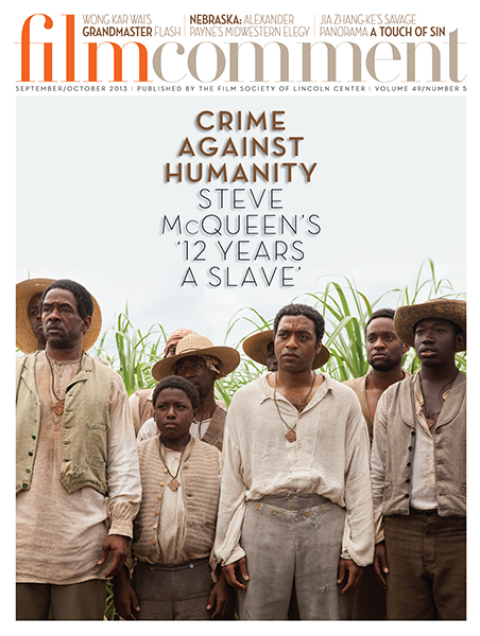
There are at least three beautiful things in Bruno Dumont’s depressing new film. First, there are cinematographer Guillaume Deffontaines’s precise visual compositions. Stark and minimalist, at times they resemble classical Dutch painting. Second, there’s the film’s use of light—and Dumont’s patience with it. He employs lingering shots of the outdoor sun coming in through a gauzy window, or the light on a wall, or the shadows on a rug. Third, and most important, is Dumont’s use of light as metaphor for the radiance of Camille Claudel’s heart and soul.
Camille (Juliette Binoche), one of history’s great tortured artists, is seen eking out a semblance of life in a rural lunatic asylum. From her prayers, and the look in her eyes, it’s clear that the light of God is within her. Aside from her brother, Paul (Jean-Luc Vincent), God is the only thing she can cling to. The barely-there narrative hinges upon Paul’s impending visit.
Dumont surrounds Binoche with mentally handicapped actors—an unsettling choice that heightens the sense that Camille does not deserve her fate. He also makes Paul something of a heartless loon, so that when his much-anticipated visit takes place, it’s not long before Camille makes a scene, confirming her brother’s worst fears. Paul, in fact, has had a transfiguring experience, triggered by reading Rimbaud, and his own obsessive Catholic patter makes him seem even more off his rocker than Camille. It’s an impossibly hopeless situation, yet Dumont’s craft and Binoche’s face somehow achieve transcendence.








